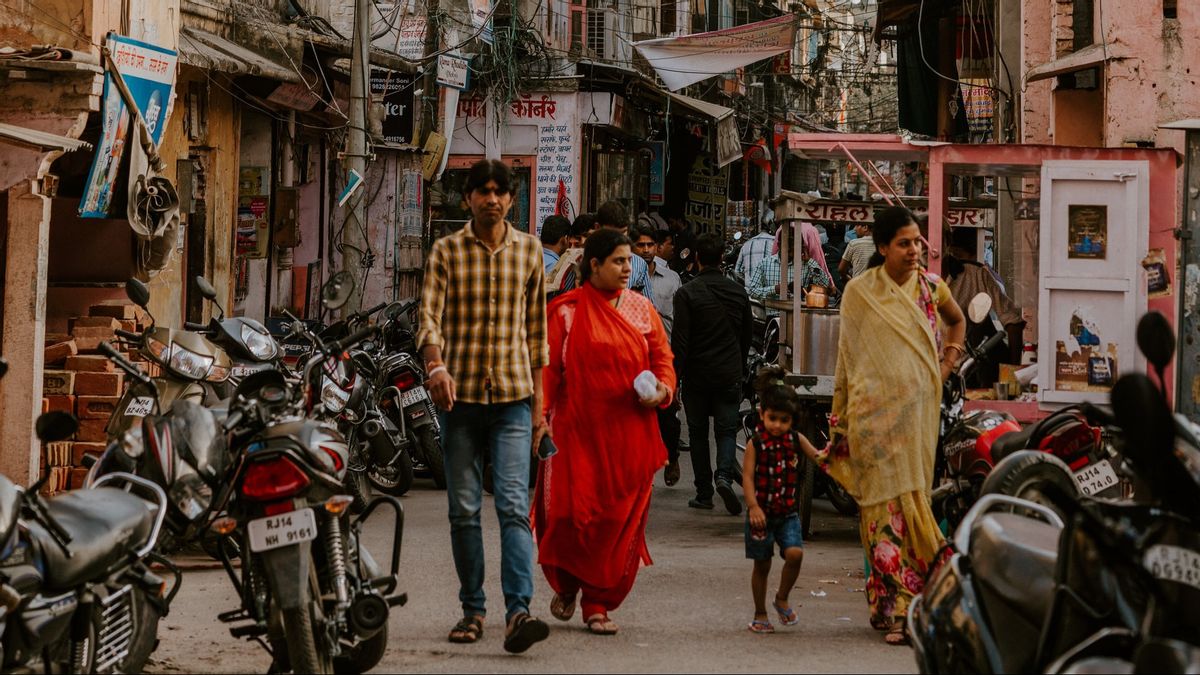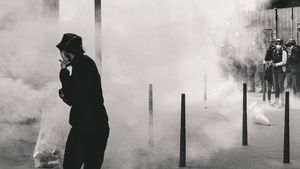JAKARTA - The number of COVID-19 cases in India soared past five million, on Wednesday, September 16. That puts added pressure on hospitals that are grappling with an unreliable supply of oxygen. Yet they desperately need it to treat tens of thousands of critical patients.
In Maharashtra, Gujarat and Uttar Pradesh, the big states and worst-affected regions, the demand for oxygen has tripled. Doctors and government officials have made calls for immediate oxygen supply relief.
“Desperate patients have been calling me all night. But I don't know when I will get oxygen supplies, ”said Rishikhesh Patil, an oxygen supplier in the western city of Nashik.
The death toll from COVID-19 in India now stands at 82,066, with 1,290 deaths recorded in the previous 24 hours. India has the world's fastest growing COVID-19 epidemic. The rapid increase in the last million COVID-19 cases occurred in just 12 days. With that India became the second country with the highest cases in the world after the US.
At least six percent of India's nearly one million active cases need oxygen support, said Health Ministry official Rajesh Bhushan. Supplies are sufficient, but state governments must monitor their use and savings, he said. "The problem occurs when at the facility level, there is no inventory management. Every state has to make sure of this, "said Bhushan.
In the capital of India's most populous state, Uttar Pradesh, the total demand for oxygen cylinders is up to five thousand cylinders compared to a thousand cylinders at normal times, a government official said. Meanwhile, the hardest hit state of Maharashtra has decided to cut oxygen supplies to neighboring countries.
This is to meet the increasing demand for oxygen in their own area. Vehicles carrying oxygen will speed up straight away and can use sirens to ensure they reach the hospital faster.
Ravindra Khade Patil, a doctor who runs two private hospitals in Mumbai spoke about the pressure she is under to ensure she can supply oxygen. Two days ago, the oxygen supply to his hospital did not show up at his usual time.
Patil frantically phoned the supplier and then on to the nearest hospital and lawmaker. He said that if the oxygen did not arrive on time, it would be too late for some of his patients who were in their most critical condition. Finally, past midnight, under pressure from a government official, oxygen arrived.
“If they arrive late even by a few hours, we could lose five or six patients. Every day, we worry about whether we can meet our needs, whether oxygen will arrive or not, "said Patil.
The English, Chinese, Japanese, Arabic, and French versions are automatically generated by the AI. So there may still be inaccuracies in translating, please always see Indonesian as our main language. (system supported by DigitalSiber.id)













